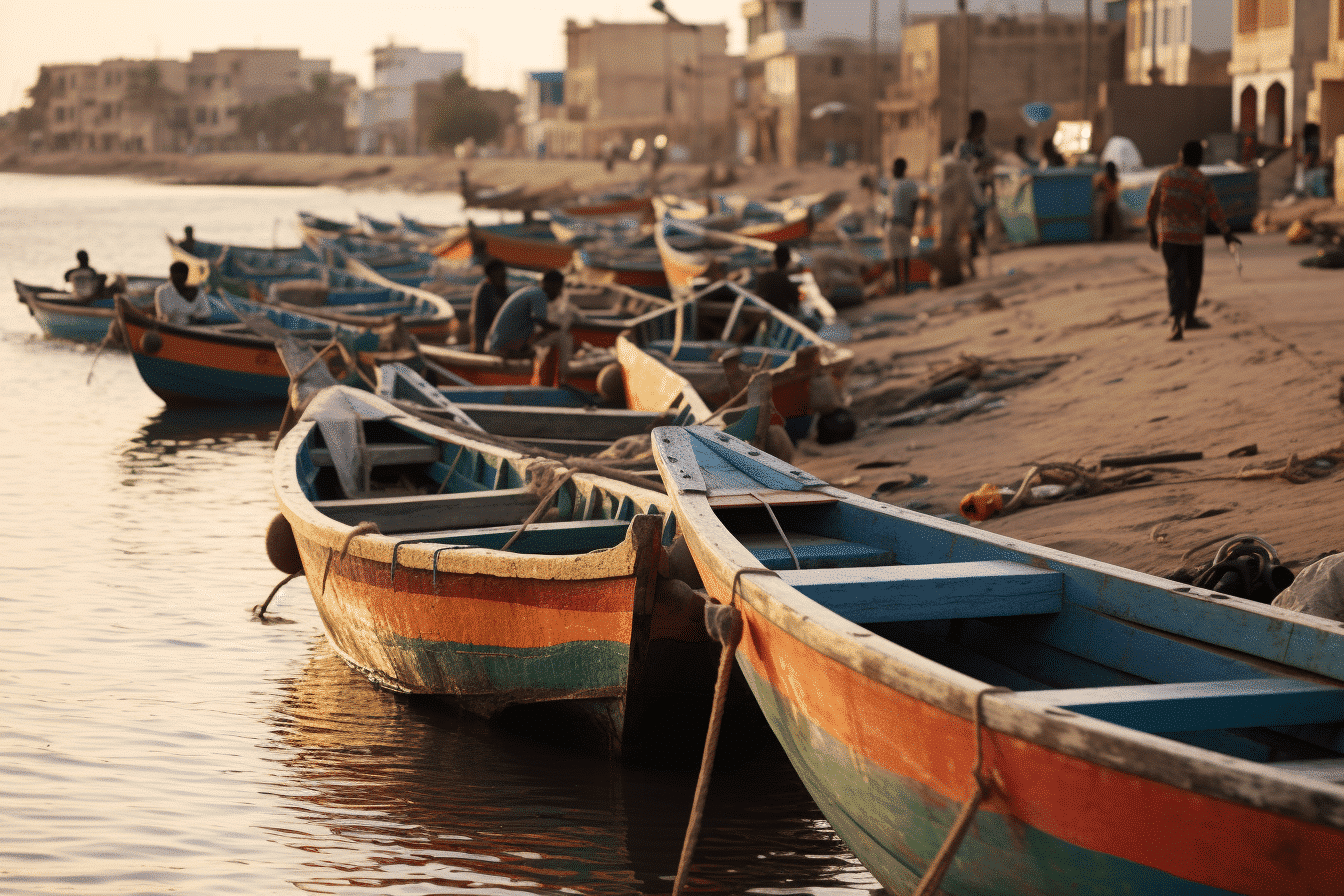A Spanish fishing boat found a vessel near the Cape Verde archipelago in the Atlantic which originally carried more than 100 passengers. Based on statements from authorities and migrant advocates, over 60 of these migrants are now feared to have perished.
The International Organization for Migration’s spokesperson, Safa Msehli, stated that while seven bodies were discovered on the vessel, around 56 individuals remain unaccounted for and are assumed deceased. Earlier in the week, Senegal’s foreign affairs ministry confirmed the rescue of 38 individuals near Cape Verde, situated roughly 620 kilometres from West Africa’s coastline.
According to the Spanish migrant support organization, Walking Borders, the ship, a sizable fishing pirogue, departed from Senegal on July 10. By July 20, families from the coastal town of Fass Boye, located 145 kilometres north of Dakar, reached out to Walking Borders due to a 10-day silence from their family members aboard.
The local fishing community’s leader, Cheikh Awa Boye, mentioned that survivors contacted their families from Cape Verde post-rescue. He added that two of his own nephews are among the missing.
Spain’s Maritime Rescue Service verified that on Aug. 14, a Spanish vessel, the Zillarri, saved 38 people and retrieved seven bodies from a drifting Senegalese pirogue near Cape Verde. A representative from PEVASA, the company that manages the Zillarri, mentioned that the survivors were in desperate need and visibly distressed.
Despite being one of the most perilous routes globally, the voyage from West Africa to Spain has seen a spike in migrants, primarily on unstable wooden boats, heading for Spain’s Canary Islands off Africa’s northwest coast, hoping to further move into Europe. Walking Borders reports a tragic loss of nearly 1,000 migrants attempting this journey in the initial half of 2023 alone. Various factors like escalating youth unemployment, political tensions, armed group violence, and climate-related issues are driving West African migrants to undertake such life-threatening journeys.
This year, official figures from Spain’s Interior Ministry note that nearly 10,000 individuals made it to the Canary Islands from Africa’s northwest coast by sea.
Moreover, on Aug. 7, the Moroccan navy saved 189 migrants and retrieved five bodies of Senegalese migrants after their ship turned over near Western Sahara’s coast.
In a 2021 report by AP, it was unveiled that no fewer than seven migrant vessels from northwest Africa ended up lost in the Atlantic, with some tragically being discovered adrift in regions as far as the Caribbean or near Brazil, all carrying deceased passengers.
The tragic tales of these migrants illuminate the harrowing lengths people will go to in search of safety, opportunity, and a better future. As the challenges in their homelands intensify, the international community faces a moral imperative to address the root causes of such mass migrations and ensure safer pathways for those compelled to embark on such perilous journeys. The resilience and hope of these migrants serve as a stark reminder that humanity’s pursuit of a better life knows no bounds.




